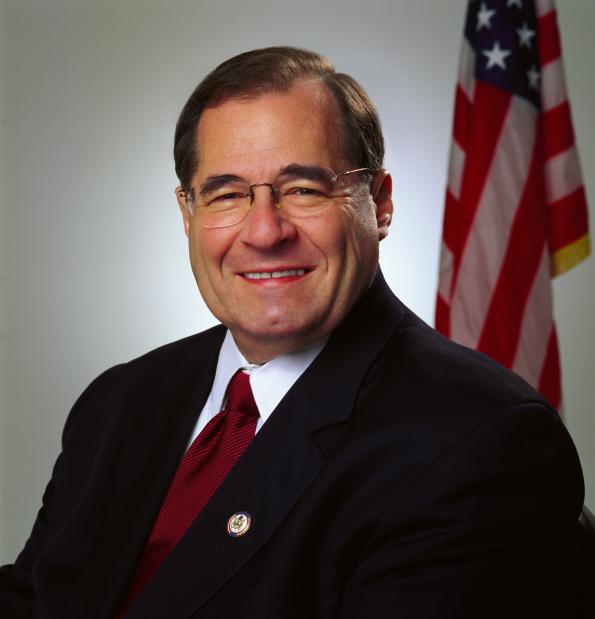Nadler Wants To Push For Further Depth In Immigration Reform

While hopeful that the proposed immigration reforms can pass, Congressman Jerrold Nadler is still pushing for further depth in the legislation, according to a press release.
Like all huge bipartisan efforts, compromises are often struck to placate the party less inclined to vote for it, watering it down in the eyes of the people and legislators who believe in it most strongly. This was the case with health care reform and Nadler is worried that this could be the case for immigration reform as well. The congressman said he asked tough questions to his colleagues over who and what they might be leaving behind.
“Will we allow honest, hardworking people a genuine opportunity to become documented and integrated into our communities? Will we allow families – including bi-national LGBT families – to be reunited and remain together lawfully? Will we attract and keep talented engineers, academics, professionals, and workers of all varieties, whose contributions and labor our economy badly needs? Will we allow young people who have grown up in the United States, but who lack citizenship, to take part in the American dream through the Dream Act?” he said.
While Nadler believes that many of the reforms should be applauded, like a provision in the Dream Act that will make it quicker for elderly immigrants to be granted citizenship, he pushed the Congress to increase the scope and sweep of the bill to leave no one behind.
“But we should go further. For one, the bill excludes LGBT families within its family reunification provision, ignoring the plight of some 40,000 bi-national gay and lesbian couples and their kids. This must be changed. And, its proposed pathway to citizenship is too long and arduous. We can and must do better,” Nadler said.
The major goal of the reforms, led by the so called “gang of eight” Republican and Democratic senators, is to create a fair path for illegal immigrants currently living the United States to gain citizenship in a way that also doesn’t sacrifice national security issues like border control.




